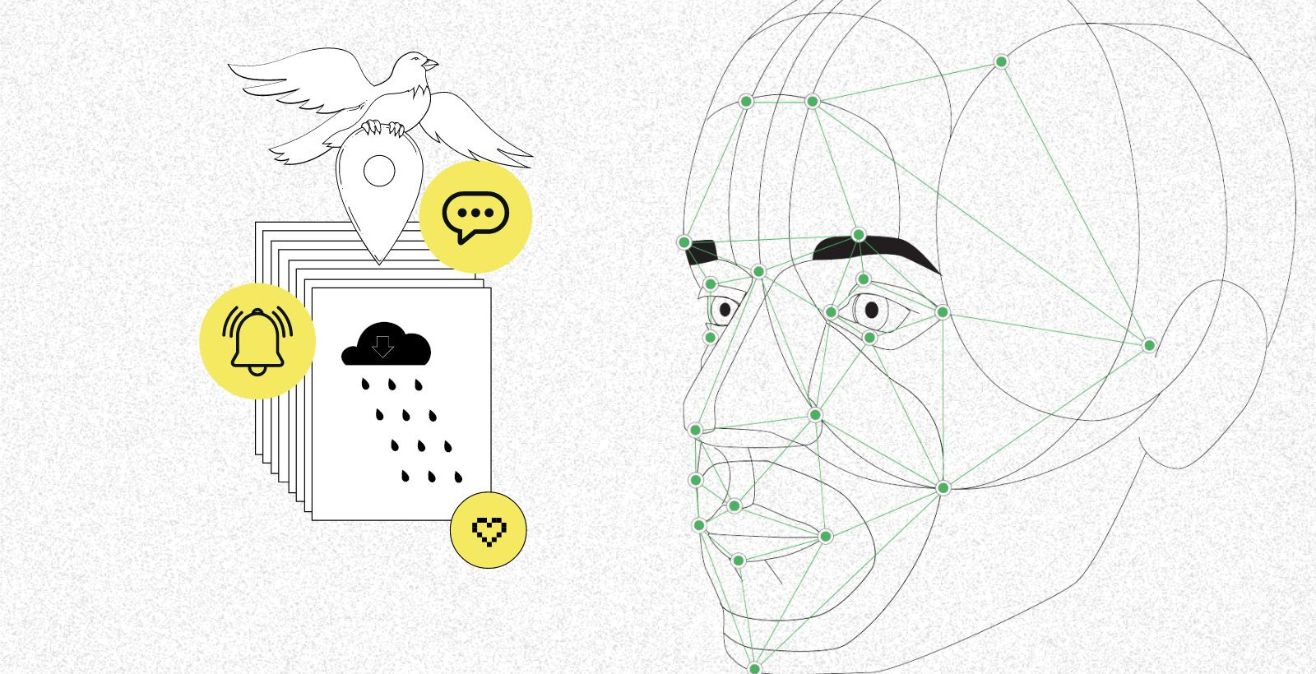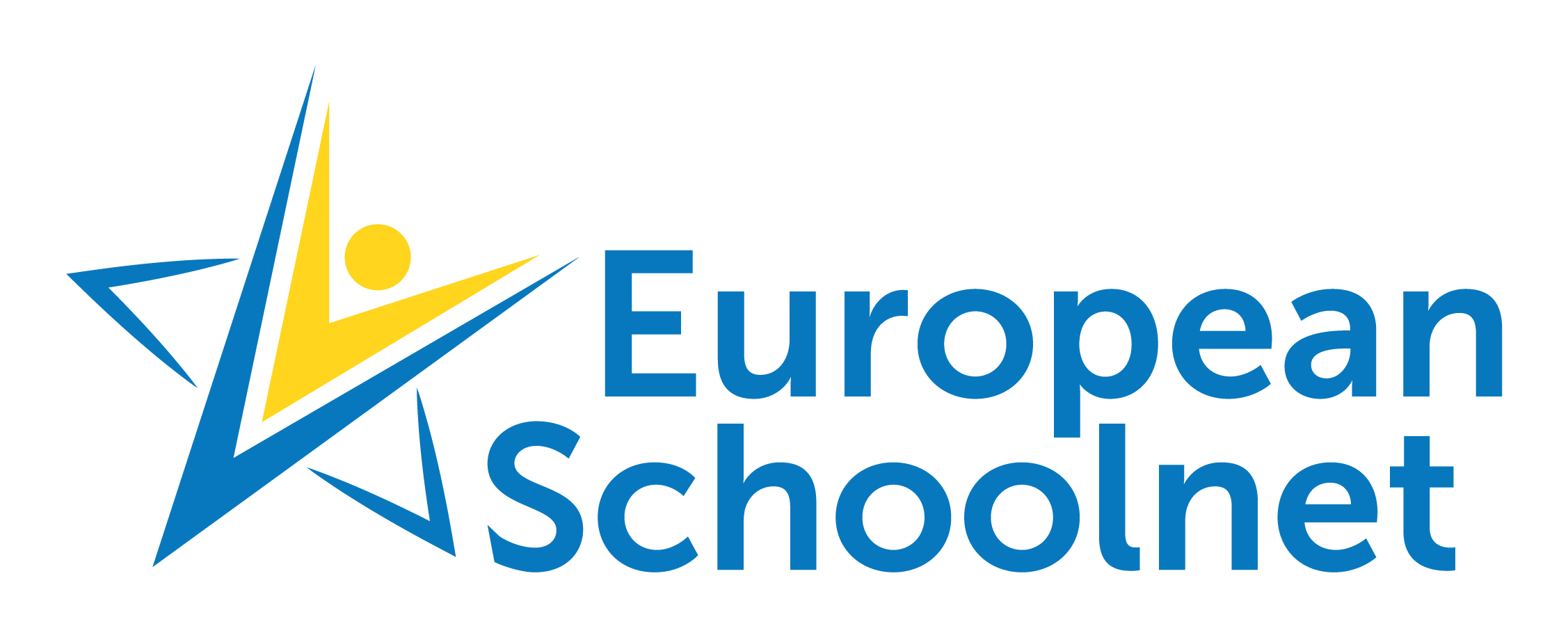
Eray Başar - Course Coordinator
Eray is a member of the Digital Citizenship Department at the EUN. He works mainly on the youth participation and project assessment tasks of the Better Internet for Kids project, among others.

What are the media literacy needs of young people today? How have recent advancements in technology changed the media literacy landscape? And what the ethical considerations that young people should take into account around their use of technology and the internet?
This course will empower teachers and educators to become informed and innovative advocates and facilitators of media literacy, supporting young people to understand opportunities and challenges around topics such as algorithms, large language models (LLMs) and their relationships with technology. The course will also explore the ‘cost’ of the internet in terms of environmental impact and human labour.
You can follow the course at your own pace. We will open one module at the beginning of each week, and there are only a few deadlines you need to pay attention to (those for the peer assessment activity).
Join us in the Facebook group or share your thoughts on X (formerly Twitter) using the hashtag #MediaLiteracyforEducators.
The course is targeted at primary and secondary school teachers of any subject. Other educational professionals and stakeholders, such as heads of schools, school support staff, and policy makers with an interest in this topic are welcome to join also.
In order to receive the certificate, the participation in the quizzes will count for 5%, and the learning scenario together with the peer reviews will count for 95%. The overall passing grade is 95%.
The final deadline to complete all activities is Wednesday, 12 June 2024, 23:59 CEST.
Note to teachers from Portugal: You can get your successful participation in a European Schoolnet Academy course formally recognised as a valid continuous professional development, and thereby acquire the relevant number of training hours, by sending your certificate to the Conselho Científico e Pedagógico de Formação Contínua (CCPFC) at Rua do Forno, nº 30, 1º andar - apartado 2168, 4700 - 429 Braga, Portugal. For more information, please contact the CCPFC.
Note to teachers from Emilia-Romagna: Per i docenti della regione Emilia-Romagna iscritti alla piattaforma regionale https://iscrizioni.istruzioneer.it/ è possibile ottenere, oltre all’attestato rilasciato da European Schoolnet Academy, anche l’attestato rilasciato dall’Ufficio Scolastico Regionale per l'Emilia-Romagna (Servizio Marconi) che attua un'azione di facilitazione ed accompagnamento a questa attività. Maggiori informazioni al link: https://bit.ly/EuroSmooc21.
Note to teachers from Ireland: It may be possible to count the completion of this course as part fulfilment of any discretionary CPD hours, subject to your school management's approval. Therefore, please enquire with your school management if your participation in this course can be formally recognised.

Eray is a member of the Digital Citizenship Department at the EUN. He works mainly on the youth participation and project assessment tasks of the Better Internet for Kids project, among others.

Gareth works as an online safety consultant as part of the Digital Citizenship team at European Schoolnet, developing educational materials for youth, educators and parents/carers. He holds a Bachelor’s degree in Psychology and is a qualified primary school teacher.
Co-funded by the European Union's Creative Europe Programme (CREA), The Media Literacy Case for Educators (MLCE) project provides teachers, trainers and librarians across Europe with a one-of-a-kind comprehensive set of co-developed and creative tools, resources, methods and materials. To this end, MLCE aims to develop effective methods of media literacy training centred on the needs of educators, create engaging forms of media literacy engagement, and embed effective media literacy tools and methods in European societal structures.





Media Literacy Case for Educators: Empowering educators for the next Digital Decade course is produced by European Schoolnet as part of the Media Literacy Case for Educators (MLCE) project co-funded by the Creative Europe Programme (CREA) of the European Union. This MOOC is provided in good faith with regards to the validity, accuracy or comprehensiveness of the information contained within it. This MOOC is funded by the European Union. Views and opinions expressed are however those of the author(s) only and do not necessarily reflect those of the European Union or European Education and Culture Executive Agency (EACEA). Neither the European Union nor the granting authority can be held responsible for them.
All content on this course unless specified otherwise is licensed under a Creative Commons Attribution-ShareAlike 4.0 International License